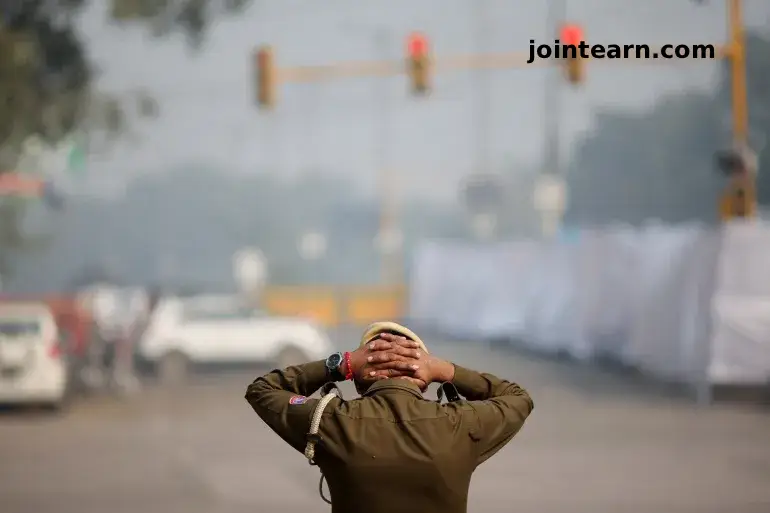
India has officially classified the car explosion near Delhi’s historic Red Fort that killed at least 13 people earlier this week as a terrorist attack, marking the first formal designation of the incident’s nature.
Prime Minister Narendra Modi’s cabinet described the explosion as “a heinous terror incident, perpetrated by antinational forces,” and announced that an investigation has been launched to ensure that “perpetrators, their collaborators, and their sponsors are identified and brought to justice without delay.”
Details of the Delhi Blast
The blast occurred near the 17th-century Red Fort, a Mughal-era monument and symbol of India’s political power, in the old quarters of Delhi. If confirmed as deliberate, this would be the deadliest attack in India’s capital since 2011.
Authorities have been investigating the incident under a stringent anti-terrorism law, which grants law enforcement broader powers to detain suspects and conduct raids. Indian police have emphasized the need to determine whether the explosion was a coordinated attack by organized groups.
Kashmir Raids and Arrests
Following the blast, Kashmir police conducted raids at hundreds of locations in the region, detaining around 500 individuals. Most were released after questioning, according to a police source.
Separately, Jammu and Kashmir authorities arrested seven men, including two doctors, in connection with a “white-collar terror ecosystem.” Officials allege these individuals have potential links to Pakistan-based groups Jaish-e-Muhammad and Ansar Ghazwat-ul-Hind. Authorities are investigating whether the arrested men have connections to the driver of the car that exploded in Delhi.
India-Pakistan Tensions
India has long accused Pakistan of supporting armed groups in Kashmir, the disputed Himalayan region both countries claim, though Pakistan denies the allegations. Since 1989, tens of thousands of people have died in the anti-Indian uprising in the region, although recent years have seen a reduction in large-scale violence.
The current investigation comes months after a deadly April 2025 attack in Kashmir, where 26 men were killed while traveling, an incident India attributed to Pakistan-backed militants. The event triggered the worst military confrontation between the two nuclear-armed rivals in decades, ending in a four-day ceasefire.
Security Concerns and Public Impact
The Delhi blast has heightened security concerns nationwide, prompting increased vigilance in urban centers, public spaces, and critical infrastructure. Authorities have urged citizens to remain cautious while investigations continue.
The attack underscores ongoing challenges in addressing terrorism and insurgency in India, particularly relating to Kashmir and cross-border militant networks. Indian officials have stressed that justice must be delivered swiftly to prevent further attacks and restore public confidence.
Conclusion
As India investigates the deadly Red Fort car explosion, authorities are focusing on connections between local suspects and Pakistan-based terrorist groups. The raids in Kashmir and arrests of individuals linked to anti-India networks highlight the complexity of the threat. Meanwhile, the international community is closely monitoring the situation, given the potential for escalation in one of South Asia’s most volatile regions.


Leave a Reply